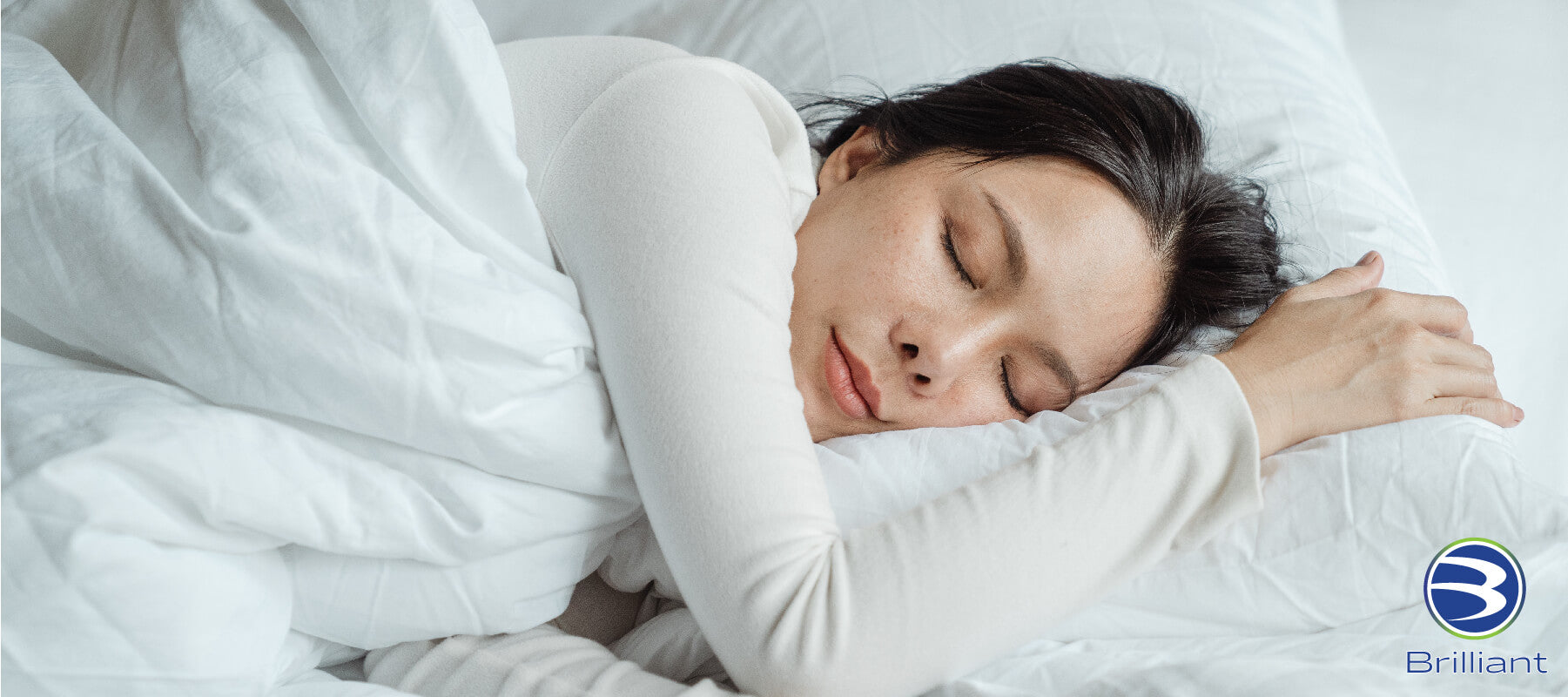- Phone: 1.404.373.4030
- Opening Hours: Mon-Fri 9AM-5PM Eastern

Nothing is more satisfying than waking up after a long, full night of sleep to see the sun rising, hear the birds singing and have a refreshed, renewed energy to start the day. It’s a beautiful image in your mind, but not your reality? The National Sleep Foundation reports that over 30% of the population has trouble sleeping through the night, some not being able to fall asleep at all. This unfortunate problem has a name, Insomnia, and is defined as a sleep disorder in which one has trouble falling asleep and being able to stay asleep for long periods of time. This disorder is debilitating and awful for those it affects. Some of us suffer from a culmination of a few bad habits that are preventing us from a getting a good night of rest and we aren’t even aware! Ready to try and improve your shot at a full night of restful slumber in dreamland? Let’s take a closer look!
We go through a process everyday to meet our physical needs. Food, rest, exercise, repeat. We try and eat well, work hard, exercise, unwind and rest, but in the process we are actually preventing our bodies from getting the sleep we are so desperate for. How is that possible? It’s crazy to think that some of our own daily habits are sabotaging our sleep. What are some ways to help us fall asleep, improve our sleep, tackle our sleep problems head on, and stay asleep?
According to the National Sleep Foundation, adults between the ages of 26 to 64 year old need an average of 7 to 9 hours of sleep a night, while adults ages 65 and older need 7 to 8 hours.. Young Adults from ages 18 to 25 need 7-9 hours, whereas teenagers ages 14 to 17 need 8 to 10 hours of sleep. Research shows, the younger the age the more sleep the body requires. Every person is different so only you can know the right amount of sleep for you and what you need to be energized and active, rested and ready to do all you need to do each day..
In our world of “overwhelmed and overworked” sleep almost seems like a waste of time. Eight to nine hours a day? You could work a second job in that timespan! Don’t laugh, some people have tried it and some are having to live in the reality of it. Going without enough sleep for enough time is the true catalyst that shows us how much our bodies desperately need sleep. Your car won’t go any further after it has run out of gas, your body is no different. Thankfully we live in a time where there are many solutions to the growing calamity of insomnia. Here’s hoping these tried and true tips bring rest and peace to your life!
© 2020 Compac Industries. All rights reserved.
This article is intended to provide an understanding of and knowledge about “health topics” as expressed through the perspective and research of the author. It is not intended to be a substitute for professional advice or counsel, including the diagnosis or treatment of any condition. Always seek the advice of your qualified healthcare provider with any questions you may have regarding a medical condition, illness or treatment of any listed or non listed situation above. By using this site, you signify your assent to our Terms and Conditions.
Sources:
https://www.sleepfoundation.org/insomnia/treatment/what-do-when-you-cant-sleep
https://www.healthline.com/nutrition/17-tips-to-sleep-better
https://www.helpguide.org/articles/sleep/getting-better-sleep.htm
https://www.sleepfoundation.org/articles/how-much-sleep-do-we-really-need


DISCLOSURE: Noelle Copeland RDH is an Oral Care Specialist and Dental Consultant who provides content

DISCLOSURE: Noelle Copeland RDH is an Oral Care Specialist and Dental Consultant who provides content

We believe that all people are fearfully and wonderfully made and designed in the womb for a grand purpose.
Useful Links
Copyright © 2023 Compac Industries | All Rights Reserved.